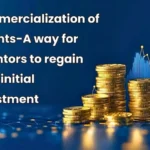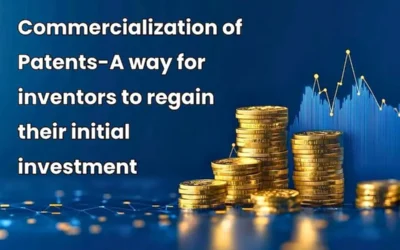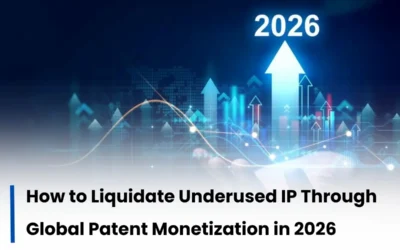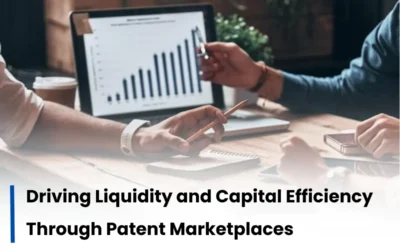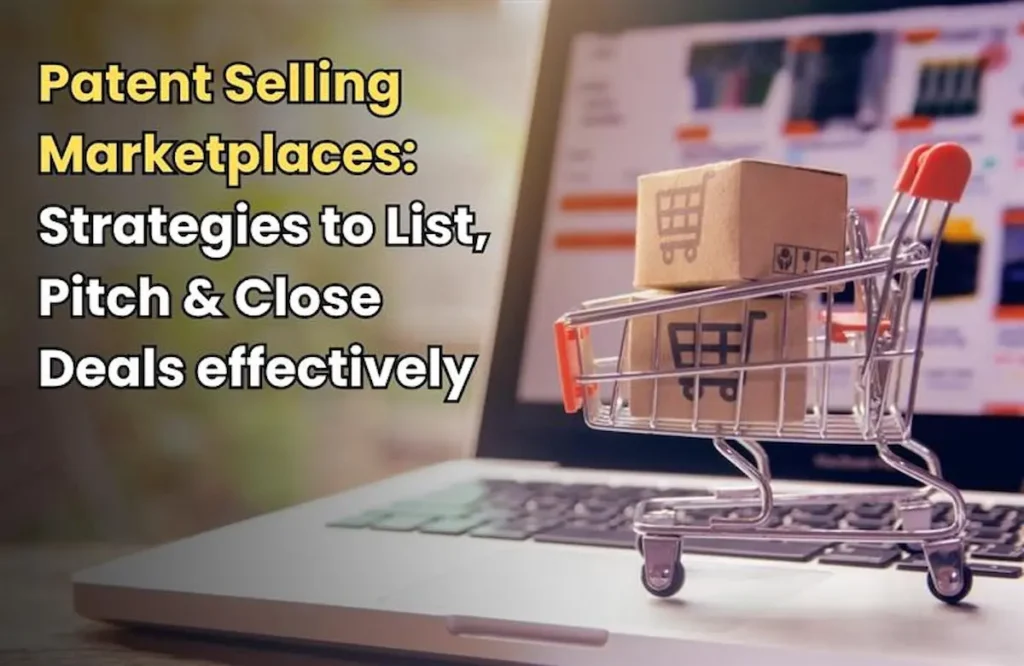
Owning a patent can be a powerful asset for inventors, entrepreneurs, and business owners, offering immense potential for financial gain and market influence. Through patent monetization, innovators can unlock new revenue streams and you want a better patent selling marketplace for patent monetization However, finding the right buyer for a patent is far from easy. Unlike ordinary products, patents can’t simply be marketed to everyone — they require a specific audience that understands both the technology and its commercial value. To bridge this gap, the concept of patent marketplaces has emerged. These platforms connect patent holders with potential buyers, investors, and companies actively seeking innovative technologies. Keep reading if you want to know more.
What Does Patent Selling Marketplace Mean, and How Does It Work?
Before diving into what a patent Selling marketplace is, it’s important to first understand the general concept of a marketplace—why businesses need it and how it works. Think about everyday products like clothes, shoes, or gadgets. These are tangible items that can easily be displayed in stores or online, allowing customers to see, touch, and understand their value before purchasing.
However, when it comes to patents, the situation is entirely different. A patent represents a technological invention or intellectual property, not something you can physically carry around or demonstrate easily. Explaining its value or functionality isn’t as straightforward, and not everyone can fully understand its worth or potential. Moreover, if shared carelessly—especially with a competitor—it risks being copied or misused.
This is where the concept of a patent Selling marketplace comes in. It provides a secure and reliable platform where inventors and patent owners can connect with serious buyers, investors, or companies genuinely looking for innovative technologies. These platforms operate under strict confidentiality and legal frameworks, ensuring that transactions happen safely and transparently. In short, patent Selling marketplaces were created to bridge the gap between invention and commercialization, making it easier and safer to showcase sell intellectual property.
Read Also: Patent Licensing Advantages And Disadvantages That Every Entrepreneur Should Know
The Process Behind Patent Marketplaces:
A patent Selling marketplace acts as a platform that connects patent owners with potential buyers. Sellers list their patents with key details like title, description, and application area, while buyers search for technologies relevant to their needs.
Once a buyer shows interest, both parties communicate—usually under a confidentiality agreement (NDA)—to discuss terms. After negotiations and due diligence, they finalize the deal through a sale (assignment) or licensing agreement, and the transaction is legally recorded.
How Can You Effectively List, Pitch, and Close Patent Deals in India?
To sell or license a patent successfully, you need a well-planned approach that focuses on how you list, pitch, and close deals, along with choosing the right marketplace or platform — especially in a growing ecosystem like India.
- Start by creating a clear and compelling listing: select a platform that fits your invention, such as global marketplaces and collaborations through Startup India and Invest India which help connect inventors with potential buyers or investors.
- Use a simple, engaging title, describe the innovation’s technical and commercial value, and include visuals or documentation.
- Once your listing draws attention, move to the pitching stage, where you tailor your communication to the buyer’s needs, show how your patent addresses specific business challenges, and present data or potential use cases.
- Always ensure confidentiality with NDAs and maintain professionalism throughout discussions.
- When it’s time to close the deal, decide whether you want to sell your patent outright or license it.
- Negotiate payment structures, territory, and usage terms, and finalize everything through a legally valid agreement registered with the CGPDTM.
A successful patent deal—whether domestic or international—relies on how strategically you present your invention, how clearly you connect its value to market demand, and how effectively you handle negotiation, compliance, and documentation.
Read Also: How to Maximize the Value of Your Patent Through Smart Licensing Strategies
Conclusion
The rise of patent marketplaces has transformed how inventors and businesses monetize innovation. With the right strategy—listing your patent effectively, pitching it to the right audience, and closing deals through proper legal channels—you can turn intellectual property into a valuable revenue source.

